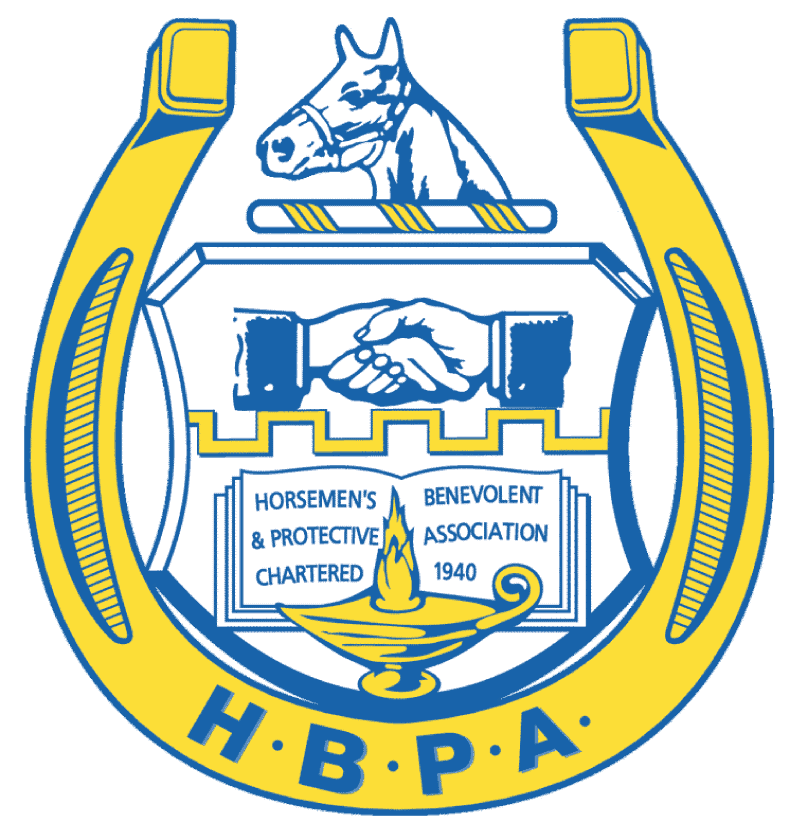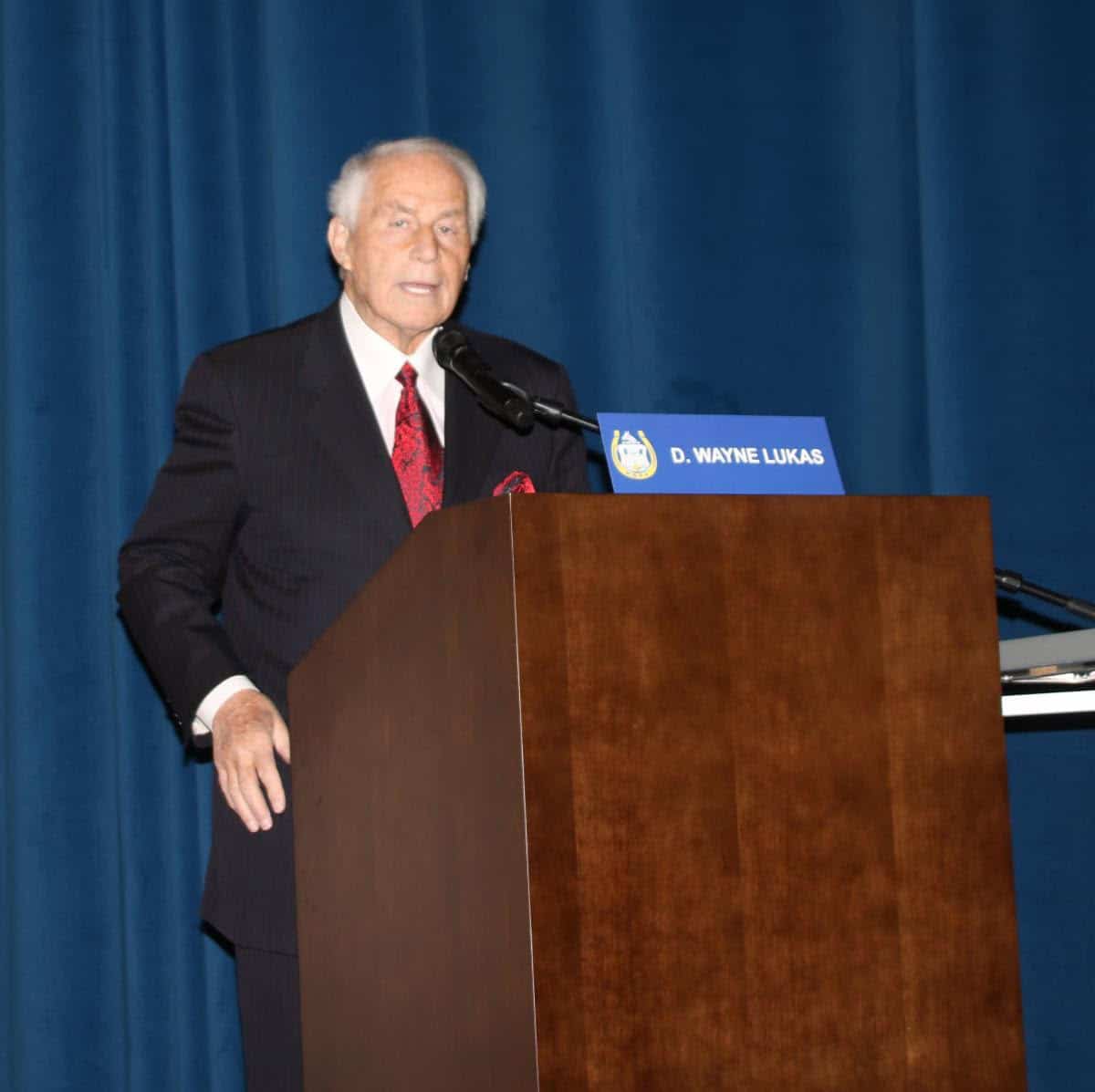Congressmen: Repeal Interstate Simulcast Law
Blood-Horse
Two members of Congress, on the eve of two of Thoroughbred racing’s biggest days, announced introduction of legislation that would end interstate simulcasts—and effectively cripple the pari-mutuel business—to encourage racing to end what they allege is widespread doping and cheating.
It’s not the first time such legislation has been introduced in Congress, or the first time legislation or newspaper articles that paint horse racing as riddled with cheating and equine drug abuse, have been released the week of the Kentucky Derby Presented by Yum! Brands (gr. I). The latest measure was introduced by Sen. Tom Udall of New Mexico and Rep. Joe Pitts of Pennsylvania.
“Horse racing is the only sport specially permitted by federal law to offer online gambling and interstate betting, yet widespread corruption has stained the industry,” the release from the two members of Congress said. “Chronic abuse of performance-enhancing drugs is commonplace in horse racing. Almost every horse is given race-day medication—banned in other countries—and no uniform medication rules or doping penalties exist.”
The industry is in the process of adopting the National Uniform Medication Program, which addressed uniform rules and tougher, scaled penalities for violators.
Udall and Pitts said their latest bill calls for a repeal of the Interstate Horseracing Act, which governs simulcasts across state lines and advance deposit wagering. The law is critical to pari-mutuel horse racing.
The release states that 19 of 20 horses in the May 2 Kentucky Derby “will be injected shortly before post time,” but doesn’t mention that the legal therapeutic medication to be injected is the anti-bleeding drug furosemide, also known as Salix or Lasix. It goes on to reference cases of use of dermorphin in Quarter Horses and the situation involving Standardbred trainer Lou Pena, who has been suspended for three years based on veterinary records, not positive tests.
“Horse racing is the sport of kings,” Pitts said. “Unfortunately, however, it’s plagued by too many unscrupulous trainers, owners, veterinarians, and other racetrack officials, who race sickened or injured horses, pumping them full of painkillers or other performance-enhancing drugs in order to try to win at all cost. Despite years of promises of reform, horse racing groups have been unable to come together to develop uniform rules that protect both horses and the integrity of the sport.
“This legislation will end a federal exception for gambling on horse racing. Since 2008, more than 7,000 racehorses have died on America’s racetracks. It’s past time to put measures in place that protect racehorses from abuse at the track.”
A partial version of the bill emailed to Blood-Horse said: “The Interstate Horseracing Act of 1978 has not met its original policy goal of furthering the United States horseracing industry.”
Industry officials couldn’t be immediately reached for comment the evening of April 30. They earlier predicted much tamer federal legislation would be introduced this year that would authorize the United States Anti-Doping Agency to oversee equine drug testing in racing. The IHA would not be repealed under that proposed bill.





